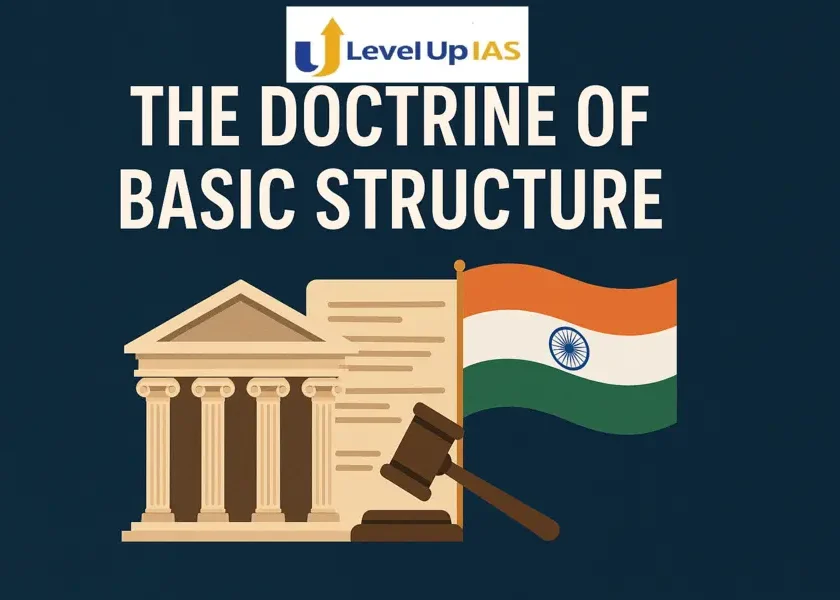Livestreaming of Court Proceedings
< General Studies Home Page
Content
- The Supreme Court in Swapnil Tripathi vs Supreme Court of India (2018) had ruled in favor of opening up the apex court through live-streaming.
- It held that live streaming proceedings is part of the right to access justice under Article 21 of the Constitution. However, the judgment has remained unimplemented.
- As of July 2023, seven High Courts in India (Gujarat, Guwahati, Orissa, Karnataka, Jharkhand, Patna and MP) have initiated live streaming of the court proceedings. It is available on the website of e-committee of the Supreme Court.
Significance:
- An extension of the principle of open court and open justice.
- Increased transparency in the court proceedings
- Increases accountability and responsibility of lawyers – They can’t make any excuse to the client or lie about whether they were present [for the hearing] or not.
- Help academics, lawyers and law students who study and research the law.
- Important step in maintaining archives of courtroom proceedings.
Skeptics:
- They argue that live-streaming proceedings will lead judges and lawyers to appeal to populism and hampering of legal process.
- Also puts judges under pressure – for e.g., “now the judges are constantly worried if something
is said in lighter vein, it might be construed otherwise”. - Privacy Issues – Rape cases, marital dispute cases
- Security Issues – Judges, lawyers handling politically sensitive cases may face issues. National security matters being discussed and telecasted in courts may become an issue.

